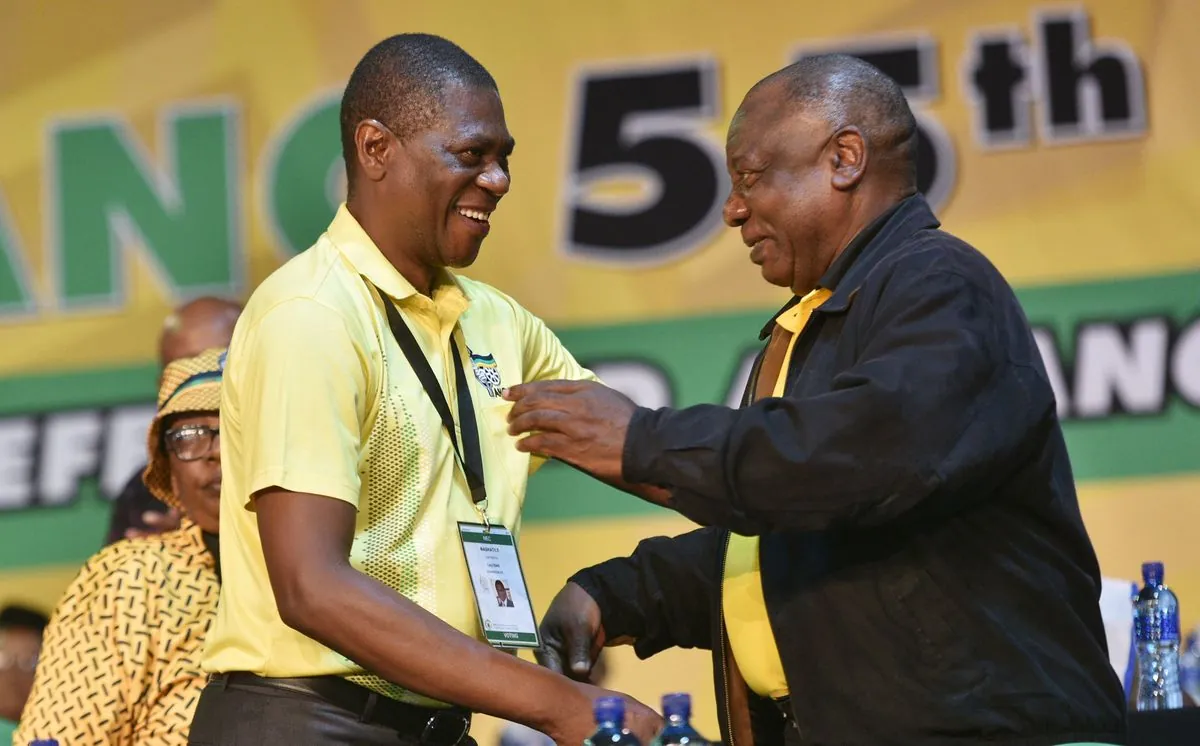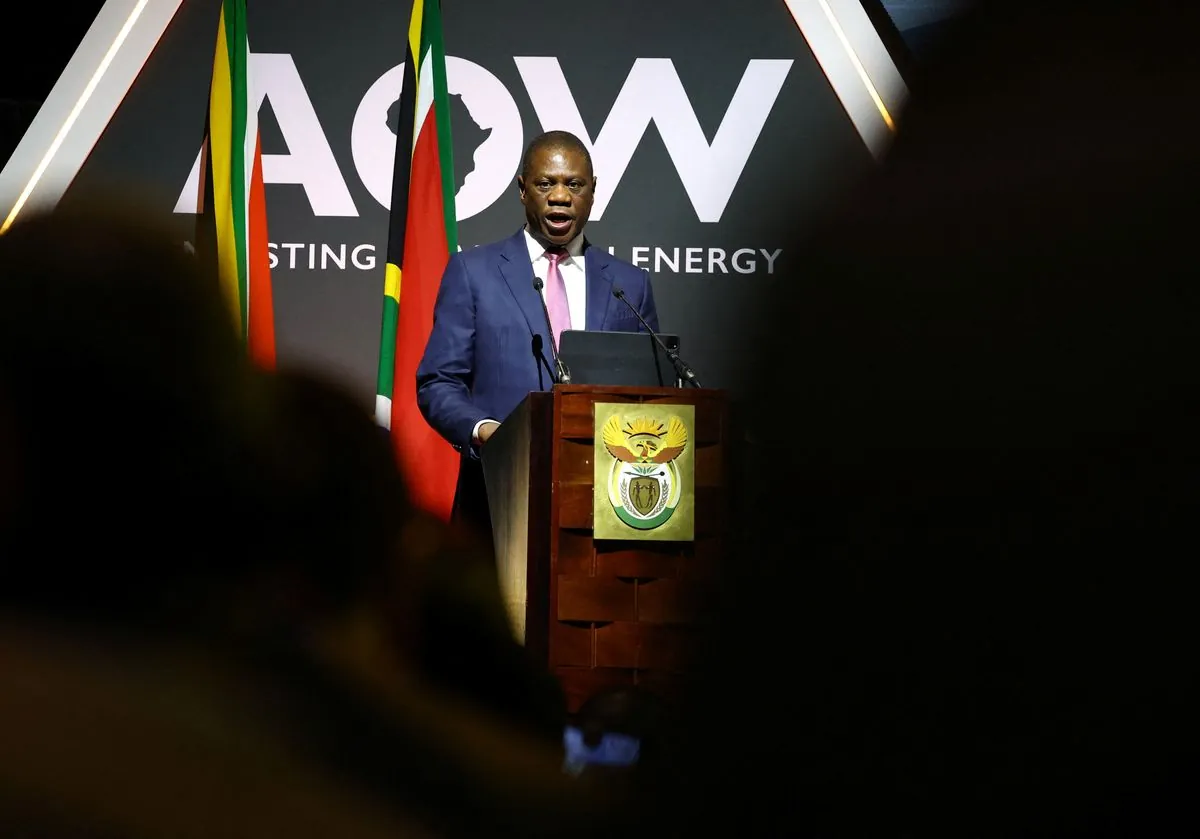South African Deputy President Recovers from Heat-Related Incident
Paul Mashatile, South Africa's Deputy President, experienced heat-related issues during a speech in Limpopo. Provincial Premier Phophi Ramathuba assured the public of his well-being.

In a recent incident that occurred approximately one year ago, Paul Mashatile, South Africa's Deputy President, faced a challenging moment during a public address in Limpopo province. The event, which took place in Tzaneen, a city known for its tropical climate and agricultural significance, saw Mashatile struggling with the heat towards the end of his speech.
The gathering was organized to commemorate the inauguration of a local traditional leader, highlighting the unique system in South Africa where traditional leadership coexists with modern governance structures. This system, established alongside the country's transition to democracy in 1994, plays a crucial role in local governance and cultural affairs.
Phophi Ramathuba, the premier of Limpopo province and a medical professional, quickly addressed public concerns about Mashatile's condition. She stated:
"The deputy president is fine, he is with his medical team. I was with them, he's ok and there's no need to worry."
Ramathuba's reassurance came after reports that Mashatile had collapsed during his address. The incident occurred in Tzaneen, located approximately 412 kilometers northeast of Johannesburg, South Africa's largest city.
It's worth noting that South Africa has experienced several high-profile incidents of politicians facing health issues during public events. This occurrence underscores the challenges of conducting outdoor political activities in a country with diverse climatic conditions, ranging from Mediterranean to subtropical.
Paul Mashatile, who assumed the role of Deputy President in March 2023, was participating in an event that reflects South Africa's complex governance structure. The country operates under a system of cooperative governance involving national, provincial, and local levels, with traditional leadership playing a significant role in certain areas.
Limpopo, the northernmost province of South Africa, was formed in 1994 and named after the Limpopo River. The province, like the rest of the country, is governed by the African National Congress (ANC), which has been the ruling party since the end of apartheid in 1994.
This incident serves as a reminder of the physical demands placed on political leaders in South Africa, a nation known for its cultural diversity, as evidenced by its 11 official languages. It also highlights the importance of health and safety considerations in public events, especially in regions with challenging climatic conditions.

As South Africa continues to balance its traditional and modern governance systems, events like these underscore the ongoing evolution of the country's political landscape. The quick response and transparency demonstrated by provincial leadership in this situation reflect the nation's commitment to public accountability and the well-being of its leaders.


































